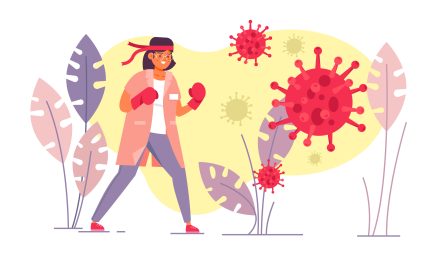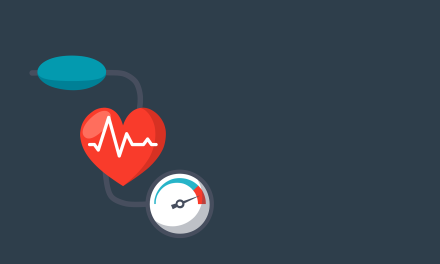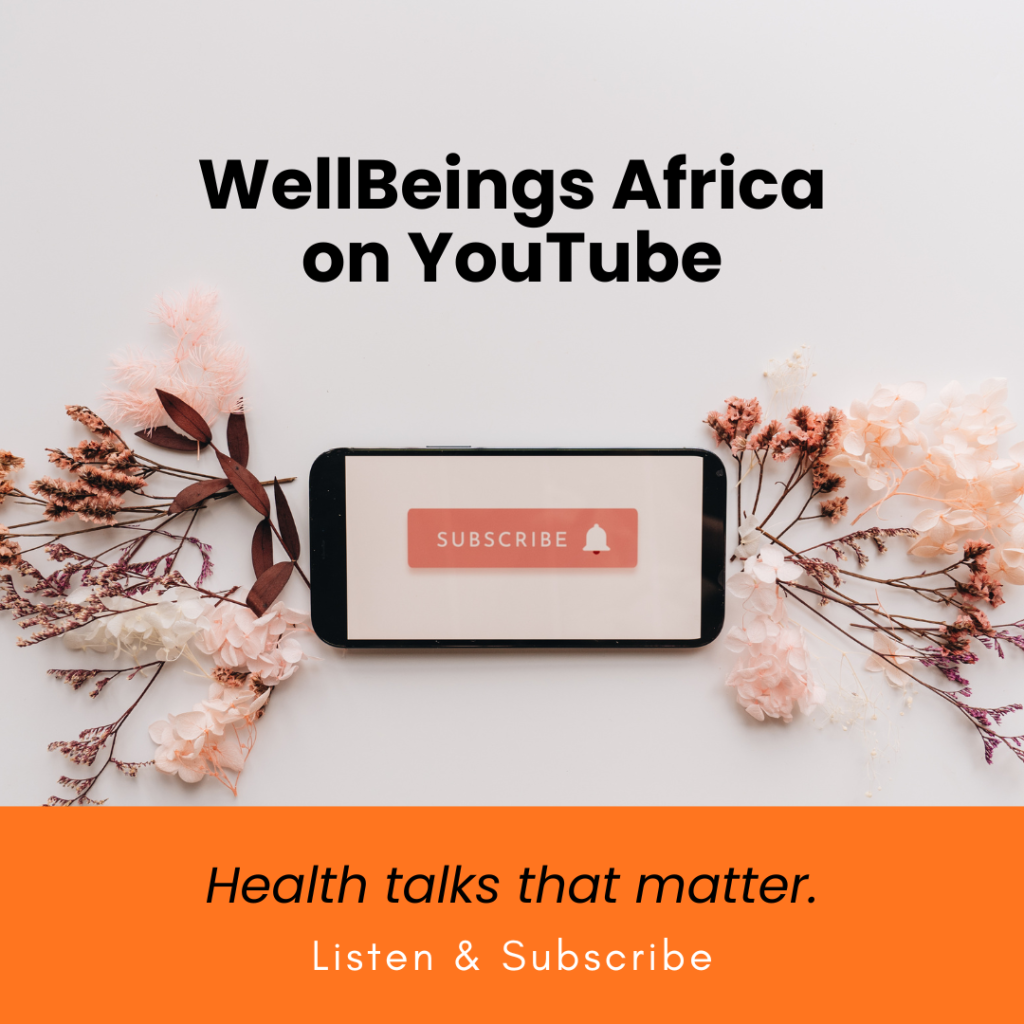Your HIV treatment helps you live a long, healthy life and protects your loved ones
Life happens. Sometimes we get busy, overwhelmed, or simply feel tired of taking medication every day. Recent reports show that more than 200,000 people in Kwa-Zulu Natal who were once on antiretroviral therapy (ART) have paused their treatment. It’s a big number, but behind every one of those cases is a personal story – and a chance to start again.
Quick Read:
- For now, there is still no cure for HIV/AIDS. However, ART is created to help to reduce the amount of HIV in your body.
- ART works best when you take them regularly.
- Even if you’re feeling full of energy and healthy, regular check-ups are still important when you’re on ART.
Closing the gap: HIV medication can save lives
The South African government has launched the Close the Gap campaign, a national effort to help people living with HIV get back on treatment, without judgement. KwaZulu-Natal’s health department is leading the way – reaching out to those who’ve missed appointments or stopped collecting their HIV medication and inviting them to return.
Continuing ART every day works wonders for your health. Taking medication consistently is like tending a garden: each dose is a drop of water that nourishes your immune system. World Health Organization experts note that viral suppression – reaching an undetectable HIV load – is critical to improving health and preventing any transmission.
In practical terms, daily ART gives people the chance to live healthy lives and protects loved ones. By contrast, stopping treatment even briefly can allow the virus to rebound. The virus may grow strong again, and – as health officials warn – drug resistance can develop if your treatment is interrupted.
In short, a daily dose of ART may be a life-saving shield: it keeps the virus contained and the person thriving. Skipping doses is like removing bits of that shield, which is why consistency is so important.
Tips to restart and stay on HIV medication
For anyone deciding to restart therapy, small steps can make a big difference.
Take your medication at the same time every day (for instance, with breakfast or after brushing your teeth). Linking pills to a regular activity turns the dose into a habit. (The World Health Organization recommends using reminder tools – like mobile phone alarms or pillboxes – to reinforce routines.
Use reminders. Set an alarm on your phone or use a text message service to prompt you. Simple tools like pill organizers or notes can also help. People have found that even a family member’s text or an app alarm makes it harder to forget a dose. Studies show that reminder devices and mobile messages significantly improve medication adherence.

The importance of support
Talk to someone you trust (a friend, family member, or community health worker) and ask them to check in on your pill-taking. Joining a support or “adherence club” at a clinic can connect you with others who understand what you’re going through. WHO guidance highlights that peer and community support helps people cope with challenges around adherence.
Speak with health workers. Be honest with your nurse or counsellor about why you stopped. Doctors and nurses can help manage side-effects (for example, by adjusting the regimen). They may offer counselling or mental health support. They know treatment fatigue is common and are prepared to encourage patients in a respectful way.
Stay connected to care. Attend scheduled appointments even after restarting. Regular check-ups let staff monitor your viral load and address new issues. Celebrating small victories can be motivating – for instance, when blood tests show an undetectable viral load, it’s proof the ART is working. (Reaching that undetectable goal not only safeguards your health, it also means you won’t pass HIV to others).
Help at hand
Getting back on HIV treatment is a powerful step toward better health and wellbeing. The process is designed to be supportive and practical, helping make treatment part of everyday life. Many people find that once they return to their medication routine, they adjust quickly and feel stronger over time.
Health experts stress that it’s never too late to restart. Life can get complicated, and it’s understandable that someone might stop treatment for a while. But restarting antiretroviral therapy (ART) can make a life-changing difference.
Across communities, people are seeing positive results; those who return to care, take their medicine daily, and soon feel better and even reach undetectable levels of HIV in their system. Today, there are more resources than ever before: free medication, welcoming clinics, community outreach, and peer support, all ready to help anyone who wants to start again.
Returning to treatment is more than a personal health decision; it’s also a way to protect others by reducing the spread of HIV. It’s an act of courage and care that benefits both the individual and the wider community. Every person who chooses to restart brings us one step closer to a healthier, stronger future for all.
Images: Freepik





















